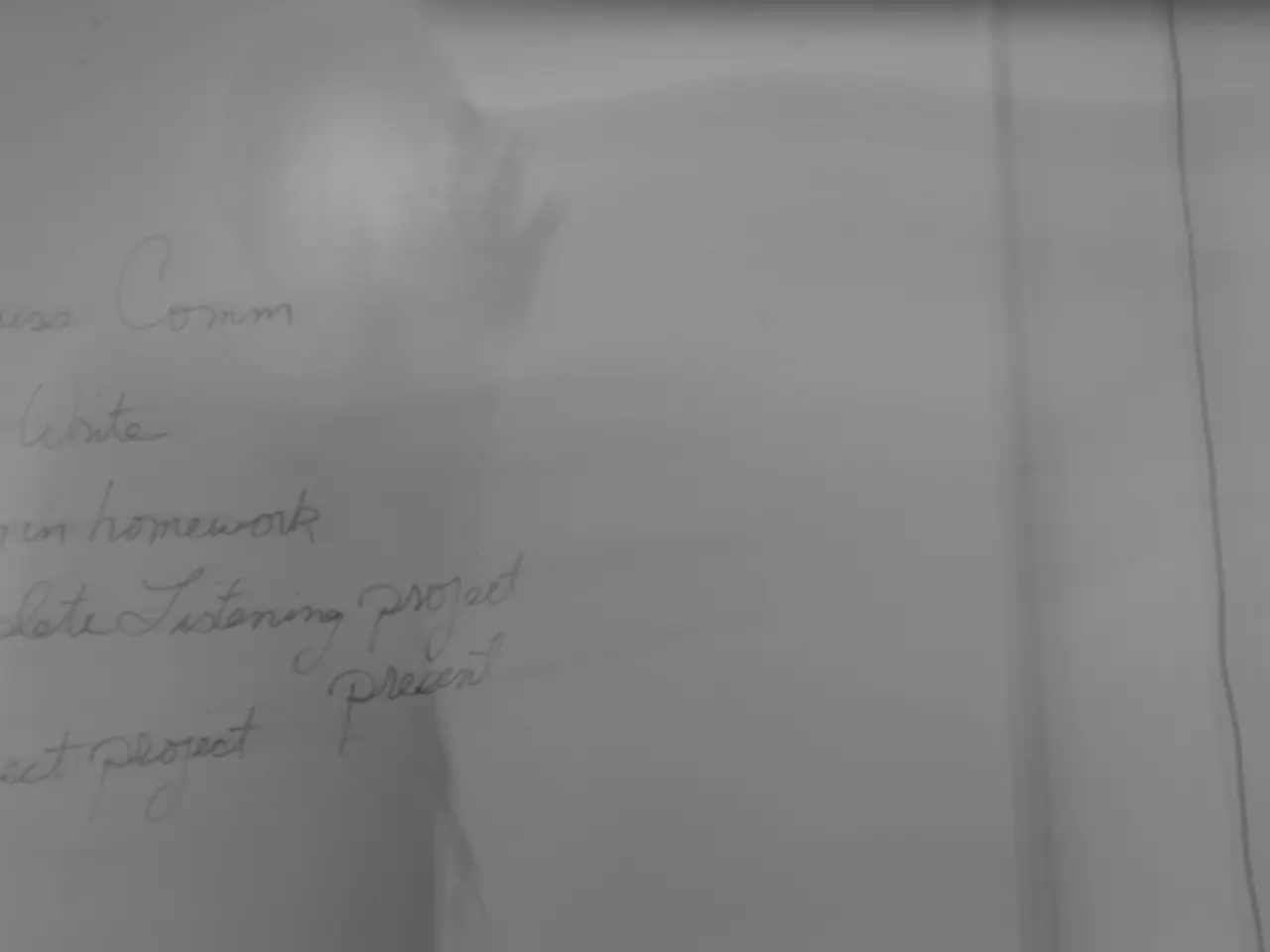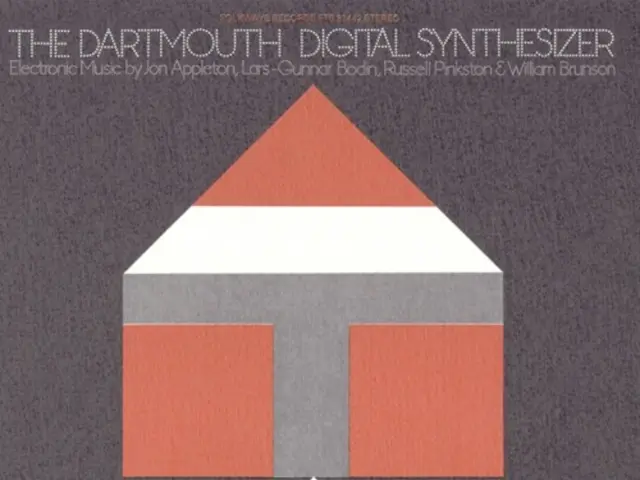EU Commission Advances Wide-Ranged Penalties Against Israel
The European Union (EU) has proposed trade sanctions against Israel, citing concerns over the country's actions in the Gaza Strip. The total trade volume between the EU and Israel in 2024 was 42.6 billion euros, with EU exports to Israel valued at 26.7 billion euros. Withdrawing free trade privileges from Israel would affect 37% of its exports to the EU, making it a significant pressure point on the Israeli government.
The proposed sanctions include withdrawing free trade privileges and imposing punitive measures on extremist Israeli ministers and settlers, specifically naming Finance Minister Bezalel Smotrich and Police Minister Itamar Ben-Gvir, who are accused of human rights violations and incitement to hatred.
Israeli Foreign Minister Gideon Saar has criticized the EU Commission's recommendations, calling them "morally and politically distorted." The EU Council President, António Costa, has stated that Europe cannot accept the measures taken by the Israeli government in Gaza and the West Bank, which go far beyond Israel's legitimate right to self-defense.
The approval of 15 of the 27 EU countries, representing at least 65% of the EU's total population, is required for the adoption of the proposed sanctions. The EU member states that need to vote in favor include Germany, Italy, and smaller countries like Hungary, Slovakia, the Czech Republic, and Austria. However, the German government has not yet formed a final opinion on the proposed EU sanctions against Israel, and the support from Germany and Italy, which is crucial, is not currently certain.
The European Commission's sanctions initiative has been sharply criticized by Israel, with Foreign Minister Gideon Saar calling it "disproportionate" and "unprecedented." The aim of the sanctions is to persuade Israel to change its course of action in the Gaza Strip, as the commission views Israel's military offensive as a violation of human rights and international humanitarian law.
The EU Commission is also proposing new sanctions against the Palestinian terrorist organization Hamas, which triggered the Gaza war by carrying out a terrorist attack on Israel on October 7, 2023. Commission President Ursula von der Leyen has called for an immediate ceasefire, unhindered access for humanitarian aid, and the release of all hostages held by Hamas.
The EU Commission has already taken steps to freeze funds earmarked for Israel from an EU pot for international cooperation. The commission also plans to suspend parts of the cooperation within the research funding program Horizon Europe, but this measure has been prevented so far.
EU foreign policy chief Kaja Kallas has appealed to Germany and Italy to support the plans for European trade sanctions against Israel or to propose alternative measures. The outcome of this Brussels initiative remains uncertain, as some EU member states may not support it, and other countries have been against harsh sanctions on Israel so far.
Read also:
- United States tariffs pose a threat to India, necessitating the recruitment of adept negotiators or strategists, similar to those who had influenced Trump's decisions.
- Weekly happenings in the German Federal Parliament (Bundestag)
- Southwest region's most popular posts, accompanied by an inquiry:
- Discussion between Putin and Trump in Alaska could potentially overshadow Ukraine's concerns







